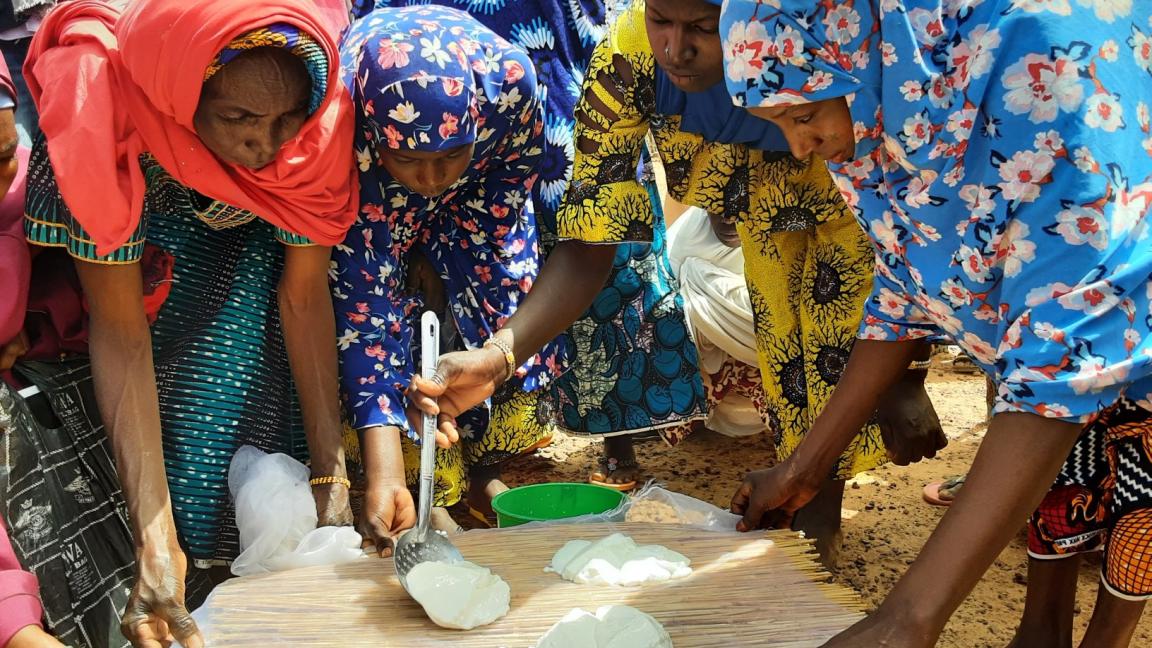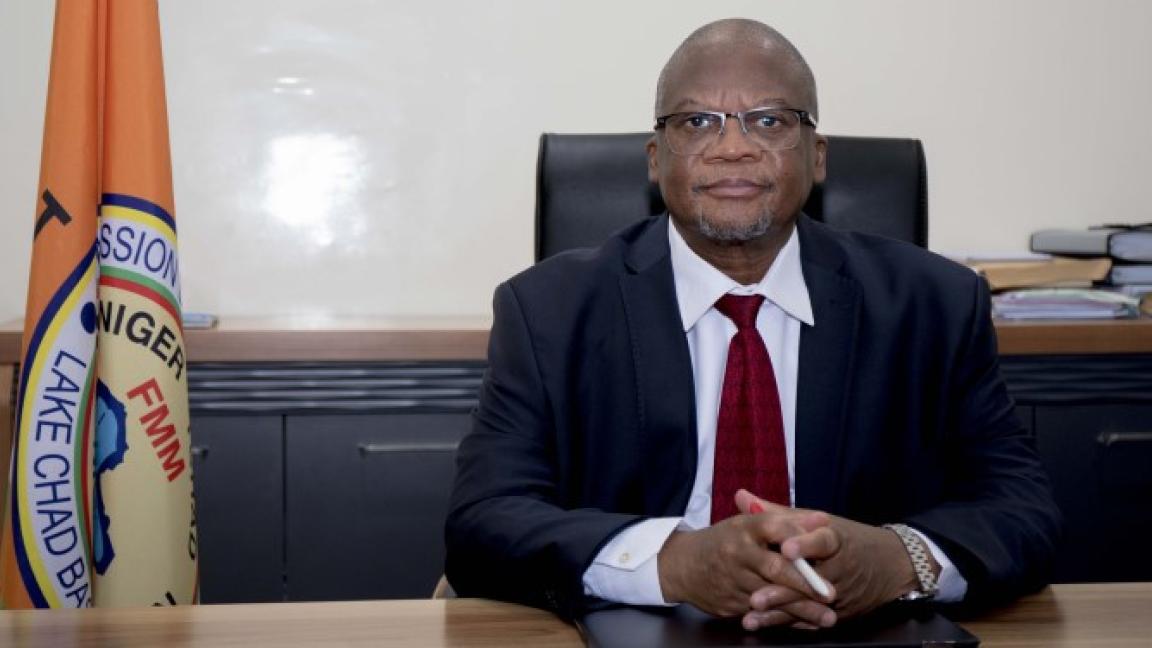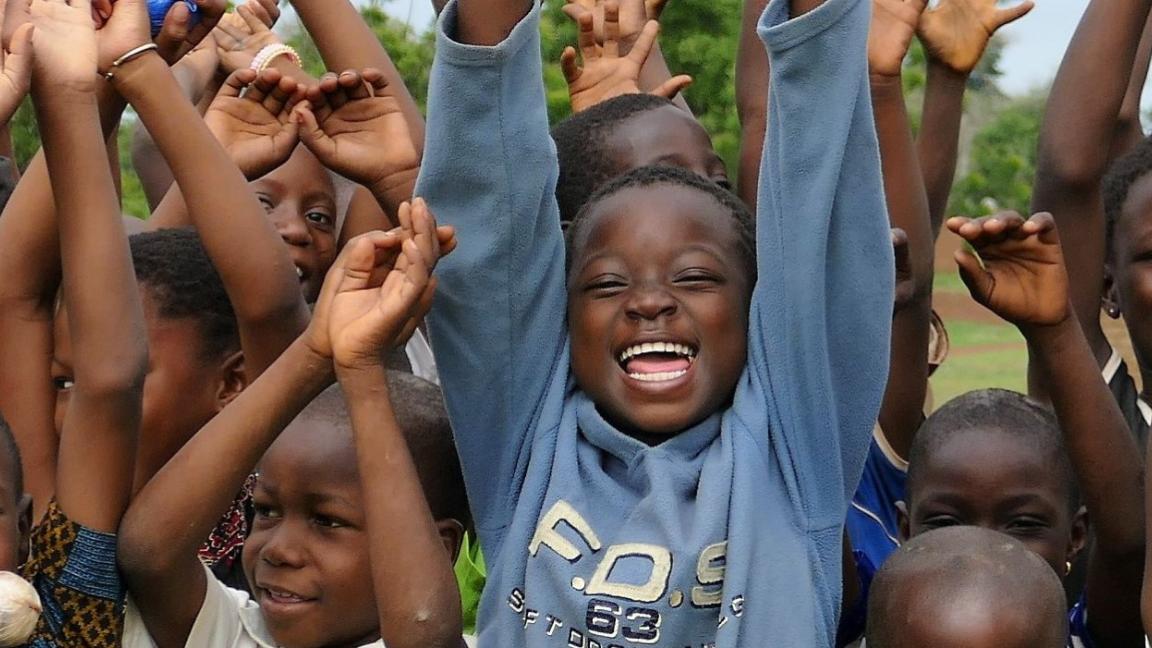The Deutsche Gesellschaft für Internationale Zusammenarbeit (GIZ) GmbH has been working in Burkina Faso since 1973. It has had an office in the capital Ouagadougou since 1987.
Burkina Faso is one of the world’s poorest countries. Its population is expected to double in the next 25 years. The country faces many challenges as a result. Managing its natural resources is one of these. It must also provide public services and expand water and energy supplies for its growing population.
Biodiversity and natural resources are crucial to the country’s development. At present, however, only around half the population has access to clean drinking water. Economic development is largely dependent on agriculture, but the sector is in need of modernisation. Half the population lives below the poverty line. The country’s security situation is also problematic. Some two million people have been displaced internally due to terrorist attacks.
Our work on site: For agriculture and the environment
In Burkina Faso, GIZ works mainly on behalf of the German Federal Ministry for Economic Cooperation and Development (BMZ). It also works for the German Federal Foreign Office and a number of international commissioning parties. The core areas of cooperation are:
- Conserving nature and natural resources
- Transforming agri-food systems
- Peaceful and inclusive societies
To protect the natural resources on which people’s livelihoods depend, GIZ is working to establish a regulated basis for water resource management. It is also promoting the conservation of the environment and biological diversity. One programme contributes to drinking water supply and wastewater disposal. GIZ is working on the ground on nature conservation measures in the W-Arly-Pendjari region (WAP region) and in connection with biosecurity.
GIZ is supporting Burkina Faso in reducing hunger and poverty while generating incentives for investment in agriculture and rural areas. It is promoting value creation in agriculture and the generation of new jobs. This opens up new opportunities for local people to participate in agricultural development. Important topics here include green innovation, soil restoration and youth entrepreneurship, as well as agricultural loans and food safety.
To facilitate peaceful, self-determined development in the regions, GIZ is assisting the country in the process of decentralisation and working to strengthen social cohesion. This includes promoting children’s rights and supporting internally displaced persons and host communities. This strengthens cooperation in the Sahel zone and improves the security situation in the region as a whole.
Burkina Faso in brief
GIZ local staff
As of: 31.12.2025
- 256 National employees
- 16 International employees
Insights


